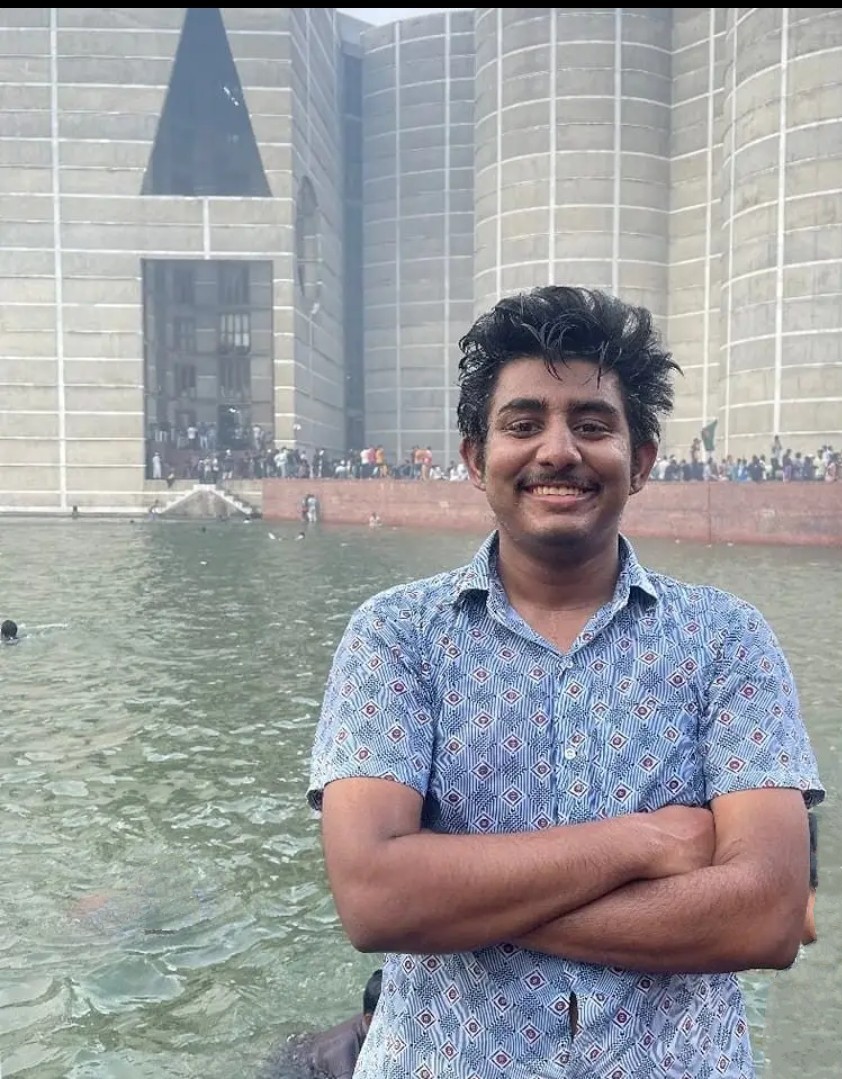By Kamal Sikder
In recent weeks, Israeli media has been abuzz with reports suggesting that if tensions between Iran and Israel escalate into a full-blown conflict, Iran could potentially receive missile support from Pakistan, specifically the Shaheen-III missile. Various Israeli media outlets and other international sources have hinted that Pakistan might supply these missiles to Iran.
This speculation gained momentum after an August 2023 report from The Jerusalem Post, which claimed that during an Organization of Islamic Cooperation (OIC) meeting, Pakistan expressed its intent to supply arms to Iran. According to the report, if the conflict between Iran and Israel escalates further, Pakistan may consider supplying Shaheen-III medium-range ballistic missiles to Iran.
However, Pakistan has denied these claims, stating that there are currently no plans to supply missiles to Iran. Nevertheless, the question remains: Can this possibility be entirely ruled out? Given Iran’s current military strength, they likely do not need any external assistance from Pakistan at this point. Iran already possesses a formidable missile system capable of effectively countering Israel’s technological advancements.
Iran has developed its own long-range and hypersonic missiles that can challenge Israel’s defense capabilities. In recent incidents, Iranian missiles have caused significant damage to Israeli military bases, demonstrating Iran’s self-sufficiency in missile technology.
But could Pakistan’s Shaheen-III missile still be a potential option for Iran? At this moment, there has been no official confirmation from Pakistan. Moreover, the growing relationship between Iran and other Middle Eastern nations, particularly Saudi Arabia, further complicates the situation. Recent agreements and signs of cooperation between Iran and Saudi Arabia indicate that, in the event of a conflict with Israel, Arab countries may lean towards supporting Iran.
The role of Western countries, particularly those allied with Israel, also plays a crucial part in this situation. Israel’s expansionist policies, including the “Greater Israel” theory, have raised concerns among many Arab and Muslim nations. Israel has also been accused of spreading violence and instability in regions such as Lebanon, Gaza, Syria, and Iraq.
In this complex equation, Pakistan’s role could become important, but it largely depends on Iran’s needs and the regional dynamics. For now, it is difficult to say whether Pakistan will supply Shaheen-III missiles to Iran. However, if tensions and conflicts escalate, this possibility cannot be entirely dismissed.
Iran-Saudi Meeting Signals Shift in Middle East Dynamics
In a recent diplomatic engagement, an Iranian envoy met with Saudi officials to discuss strengthening ties based on the brotherhood of Islam. During the meeting, Saudi Arabia provided assurances to Iran that, in the event of a conflict between Iran and Israel, the Arab world would firmly side with Israel’s opponents. This meeting reflects the ongoing complexities of Middle Eastern politics and longstanding tensions.
The persistent problems in the region are largely driven by Israel’s actions, which many view as those of a colonial power in Palestine. Israel’s occupation of Palestinian lands, along with its policies of settlement expansion, displacement, and the subjugation of Palestinians, continues to fuel conflict. For years, Palestinians have faced dehumanization, with their rights consistently violated under occupation.
Arab countries, including Saudi Arabia, have been vocal about the need for a fair resolution to the Palestinian question. The consensus is clear: lasting peace in the region is not possible without the establishment of a viable and independent Palestinian state. Without this, tensions will continue to simmer, destabilizing the Middle East.
The Organization of Islamic Cooperation (OIC), representing 57 Muslim-majority countries, has also made a firm stand on this issue. The OIC has categorically stated that all its members would collectively guarantee Israel’s security if it agrees to allow the creation of an independent Palestinian state and halts settlement activities in the occupied Palestinian territories. This united stance underscores the importance of resolving the Palestinian conflict to achieve regional stability.
The meeting between Iran and Saudi Arabia highlights the changing dynamics in the region, with many Arab and Muslim-majority countries seeking a peaceful solution, but also making it clear that Israeli policies in Palestine are unacceptable. The call for the recognition of Palestinian rights remains central to any potential long-term peace in the Middle East.










